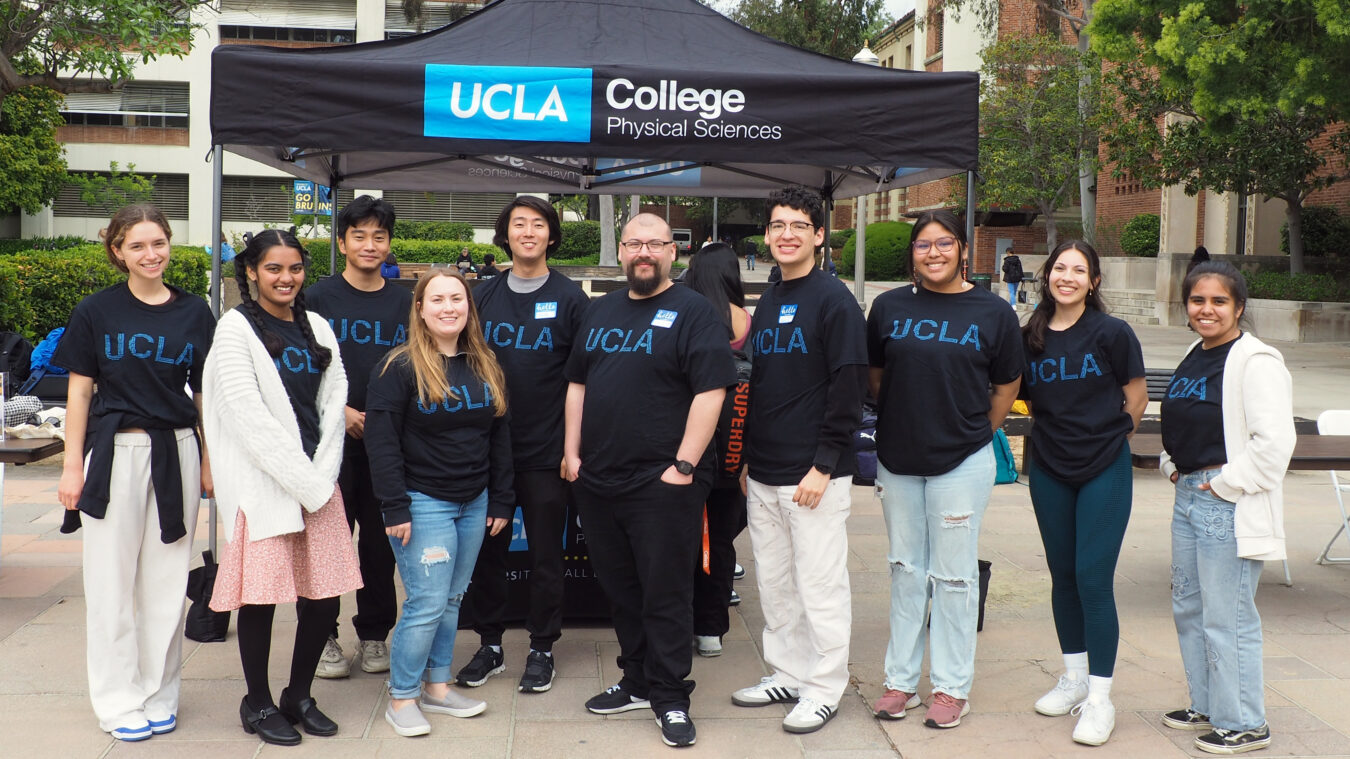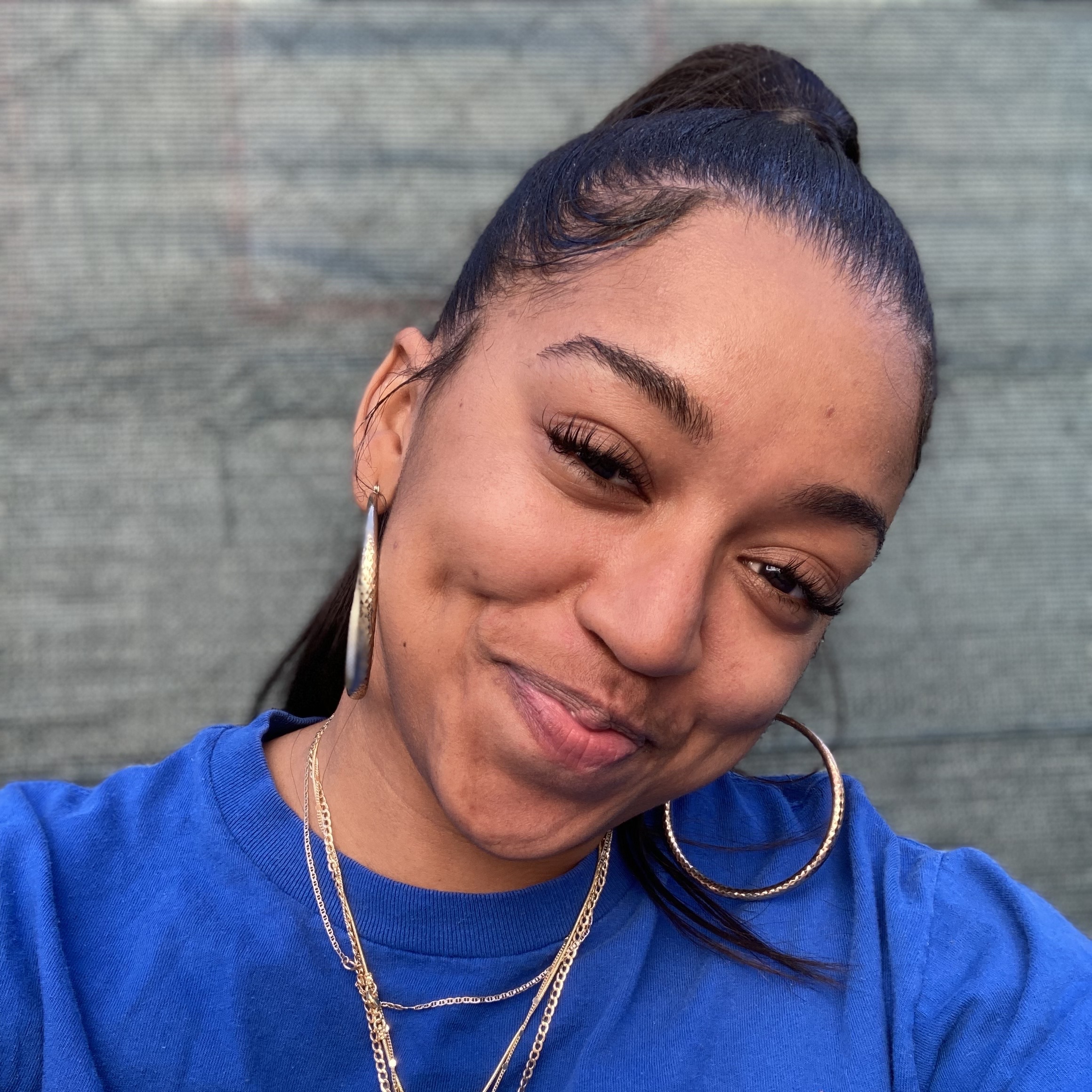
Student volunteers from the Physical Science Student Advisory Board, Statistics Club, SACNAS, and UMC at the student advisory board’s annual survey-athon (PHOTO CREDIT: Penny Jennings)
A Message From DEI Coordinator Britney Robinson

UCLA has a multitude of resources and information readily available that may be confusing and hard to find–particularly for new students. I encourage you to utilize as many resources as you can in your journey to complete your degree. I will continue to add to this list everyday as I discover more resources.
AFFIRM:
You do not have to suffer to be successful. You are not an imposter. You are simply in a new and unfamiliar environment. It may take some time to gain your footing–but not only is that okay, it is NORMAL.
With Love,
Your Fav Physical Sciences Diversity, Equity & Inclusion Coordinator,
Britney
For any additions, please email
Commitment to Equity, Diversity, and Inclusion
Science and technology are among the most privileged and influential sectors of our economy, and the deficient representation of diverse backgrounds in these fields is simply unacceptable. As we make a commitment to increase diversity in all dimensions, we must focus on immediate improvement in the participation of underrepresented groups. The Division of Physical Sciences reaffirms our identity as a zero tolerance, anti-racist academic unit.
We recognize that continued systemic inequities have highlighted deep structural faults in our society, and we accept responsibility for taking a stronger and more public stand against all forms of prejudice.
Increasing the diversity of our faculty, staff, and student body is an important and immediate goal. It is critically urgent for reasons of social justice and also because a broader pool of talent will foster greater scientific accomplishments that will ultimately benefit society. It is important that all members of the Physical Sciences (student, staff, and faculty) feel included within our community.
You belong here!
Recent News
Summer BRIDGE Program Prepares for its Second Year
This program for low-income, first generation, and underrepresented minority students welcomes incoming freshmen to the Division of Physical Sciences.
Summer BRIDGE Program Q&A With Britney Robinson
Britney answers some questions about the summer B.R.I.D.G.E program, or Building Relationships through Intercultural Dialogue, Growth, and Empowerment.